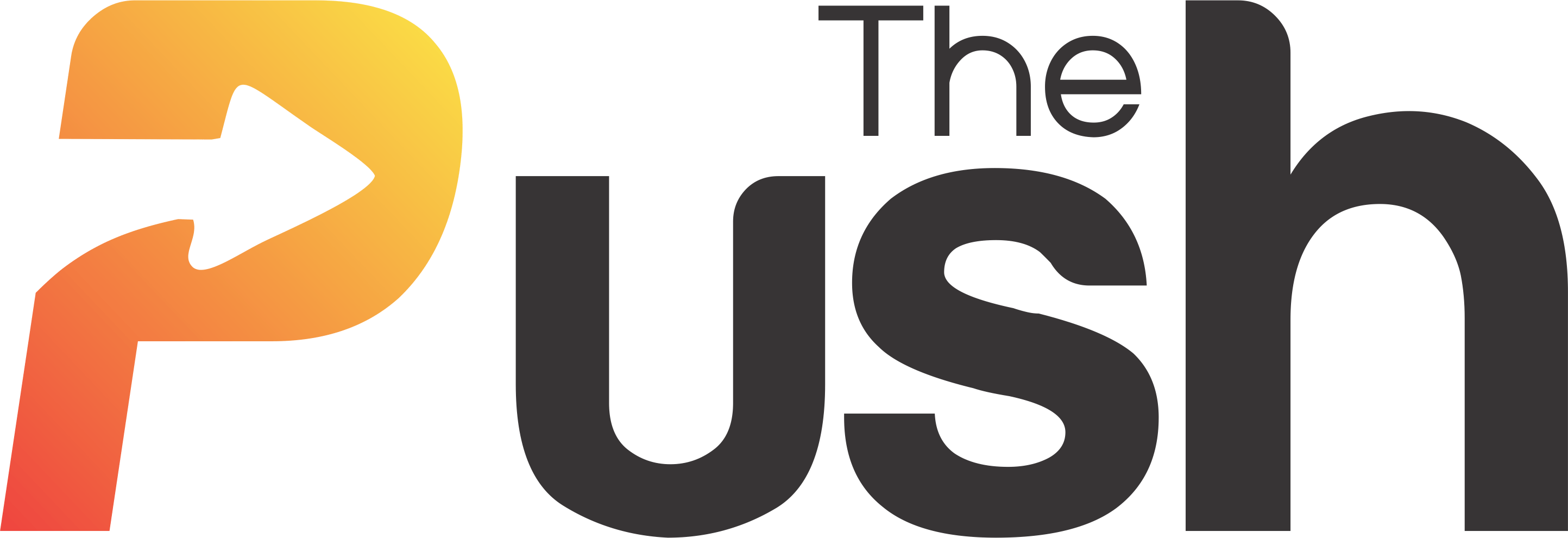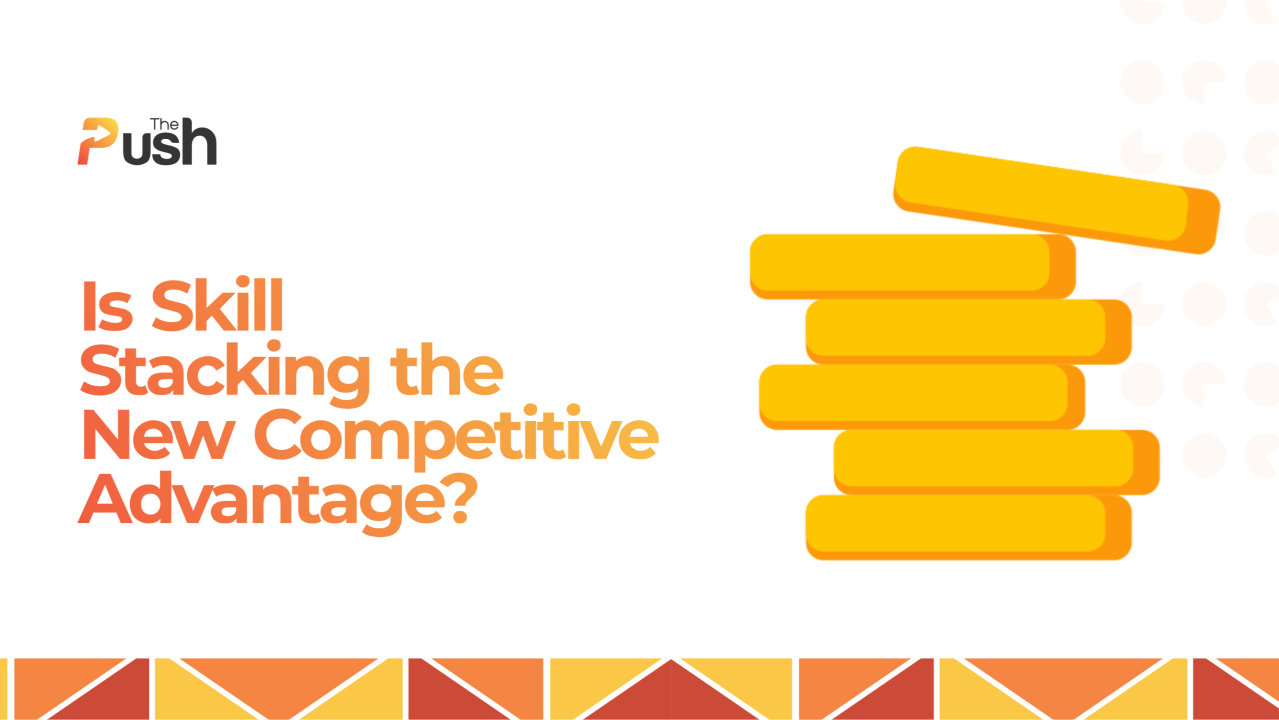If you’ve been paying attention to the career space lately, especially on LinkedIn, you’ve probably seen a certain phrase pop up again and again: skill stacking.
Skill stacking is one of the quiet power moves professionals are using to stay relevant in a world where job descriptions change faster than your phone updates its software.

What Exactly Is Skill Stacking?
Now picture your career like a plate at a buffet. Instead of piling on one type of food (or skill) over and over, you’re adding a mix of complementary skills that, together, make you hard to replace.
Take a comms professional who knows public speaking and copywriting, and data storytelling. They won’t just be “good at comms”, they will become someone who can pitch an idea, back it up with data, and write the campaign that sells it.
Scott Adams, the creator of Dilbert, put it perfectly. He admitted he’s not the best cartoonist, the best writer, or the best humorist. But being pretty good at all three made him one of the most successful cartoonists in the world. His blend was his edge.

Why Does This Matter?
In the past, you could get by with being a specialist. Today, industries are shifting faster than ever, and companies need people who can adapt, connect the dots, and solve problems from multiple angles.
- It helps “AI-proof” your career
AI and automation can replace narrow, repetitive tasks, but they can’t easily replicate the creative problem-solving that comes from combining multiple skills.
- It makes you a better problem solver
When you’ve got multiple skill sets, you’re not trapped in one way of thinking. A designer with marketing skills sees brand problems differently. A data analyst who can write persuasive reports gets their ideas adopted faster.
- It expands your network and opportunities
More skills automatically mean more rooms you can walk into confidently.
Whether it’s a tech event, a marketing workshop, or a leadership seminar, you’ll find ways to fit in and contribute.

How To Stack Your Skills
- Build on what you have
Look at your strongest skill and ask, “What would make this 10x more powerful?”If you’re already great at social media, add public speaking to boost your content influence or data skills to prove your impact.
- Pick high-demand skills
Skills like marketing communications, digital storytelling, data literacy, and leadership are valuable across industries and will stay relevant even as trends shift. - Practice cross-application
Don’t just collect skills like badges, use them together. If you learn graphic design, apply it in your presentations. If you pick up copywriting skills, test them on your LinkedIn posts.
Skill stacking isn’t about randomly adding abilities to your resume. It’s about strategically combining the right ones so you become the go-to person for complex, high-value tasks.
That’s exactly what the Comms Accelerator was built for. It’s designed for career switchers, young professionals, and anyone in communications who wants to go from “I can do one thing” to “I’m the one person who can handle it all.”
From PR and copywriting to digital marketing, crisis communications, and brand storytelling, this course gives you the toolkit to stack skills that future-proof your career and give you a competitive edge.
If you’ve been waiting for the right moment to invest in yourself, this is it. Register for cohort II here.


